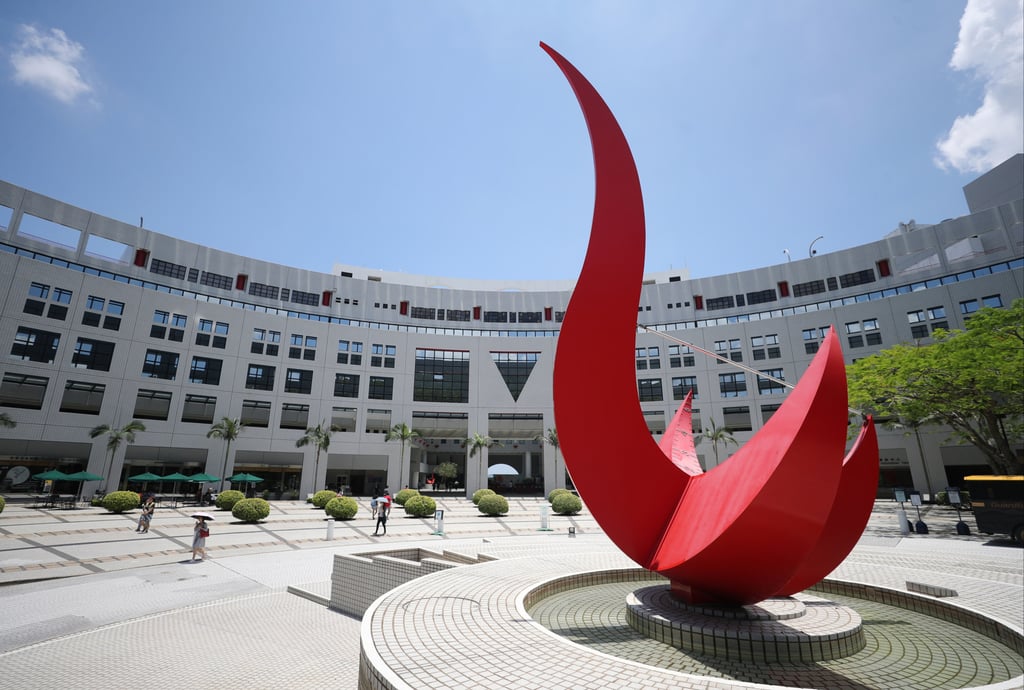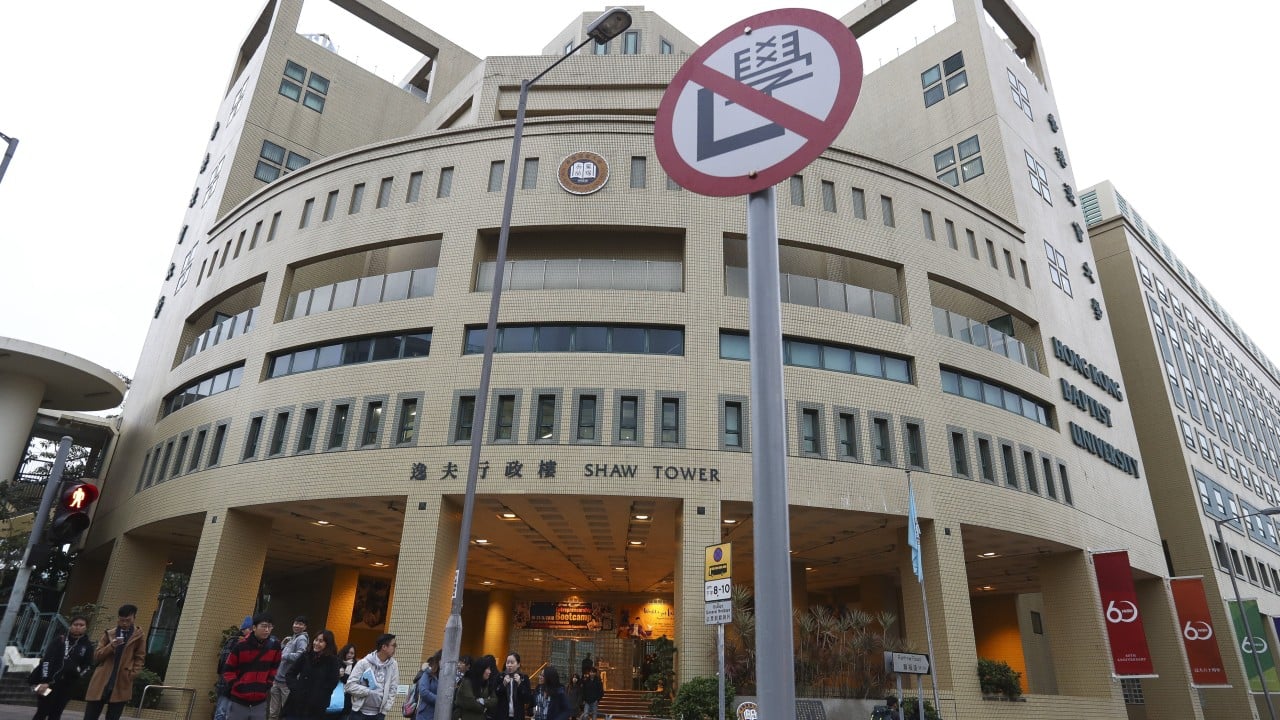Hong Kong public universities have pressed ahead with efforts to admit more non-local students after authorities doubled their intake limits, with one institution saying its number of first years from outside the city has risen by nearly 200 per cent.
The University Grants Committee (UGC), which allocates funds to local tertiary education institutions, said efforts to admit more non-local students would be gradual and take into account each university’s capacity.
The organisation would also send a delegation to France in September to promote Hong Kong as a study destination, it said.
Chief Executive John Lee Ka-chiu last October announced that the city’s eight publicly funded universities would have their non-local student intake quotas, which are only applicable to taught programmes, increased from 20 per cent to 40 per cent of all available places from the 2024-25 academic year onwards.
The move increased the number of public university undergraduate spaces open to non-local students from 15,000 in 2023-2024 to around 30,000 for the new academic year.
The government also plans to increase the number of student accommodation spaces by 13,500 by 2027.
UGC figures showed that before the policy took effect, the proportion of non-local students at the University of Hong Kong (HKU), Hong Kong University of Science and Technology (HKUST) and Polytechnic University (PolyU) already stood at 26.8 per cent, 23.7 per cent and 22.3 per cent, respectively, in 2023-24.
The Education University of Hong Kong (EdU) had the lowest level among the eight publicly funded institutions at just 9.3 per cent.
A Baptist University spokesman said its first-year, non-local student intake for 2024-25 had increased nearly three-fold from the previous year.
The proportion of non-local undergraduates across all student years so far stood at about 20 per cent, an increase of 15.1 per cent from last year’s level, he added.
The university said it would gradually admit more non-local students each year and work towards reaching the quota cap.
“It is expected that the number of non-local students admitted to the first year of undergraduate programmes in the 2024-25 academic year will increase by nearly 200 per cent compared with the previous year,” the spokesman said.

A HKUST spokesman said the university aimed to recruit 600 non-local students for 2024-25, with the level already reaching more than 500 annually in recent years.
The institution said it had the most diverse undergraduate student population among the city’s publicly funded universities.
“Over half our students come from places outside mainland China, including America, Eastern and western Europe, Australia, Africa and other parts of Asia,” the spokesman said.
Lingnan University said it intended to fill its non-local student quotas for 2024-25.
A PolyU spokeswoman said the number of non-local students admitted to its undergraduate programmes was set to be higher than last year.
City University, meanwhile, said it would gradually increase the number of undergraduate spots open to non-locals in the next few years.
An EdU spokesman said it had already met its current intake target for first-year, non-local undergraduates, but stopped short of providing any figures.
The Chinese University of Hong Kong said in early August that it was still processing non-local student applications for 2024-25.
The Post has approached HKU for comment.
UGC data showed academic programmes in business management, the sciences, as well as engineering and technology were the top choices among non-local students.
A UGC spokeswoman also discussed its plans to take part in an annual conference held by the European Association for International Education, the continent’s largest higher education professionals group in terms of membership, between September 17 and 20 to promote the “Study in Hong Kong” brand.
The Education Bureau said it and the UGC Secretariat would continue to hold joint trips alongside the Heads of Universities Committee’s Standing Committee on Internationalisation to promote Hong Kong and attract overseas students.


